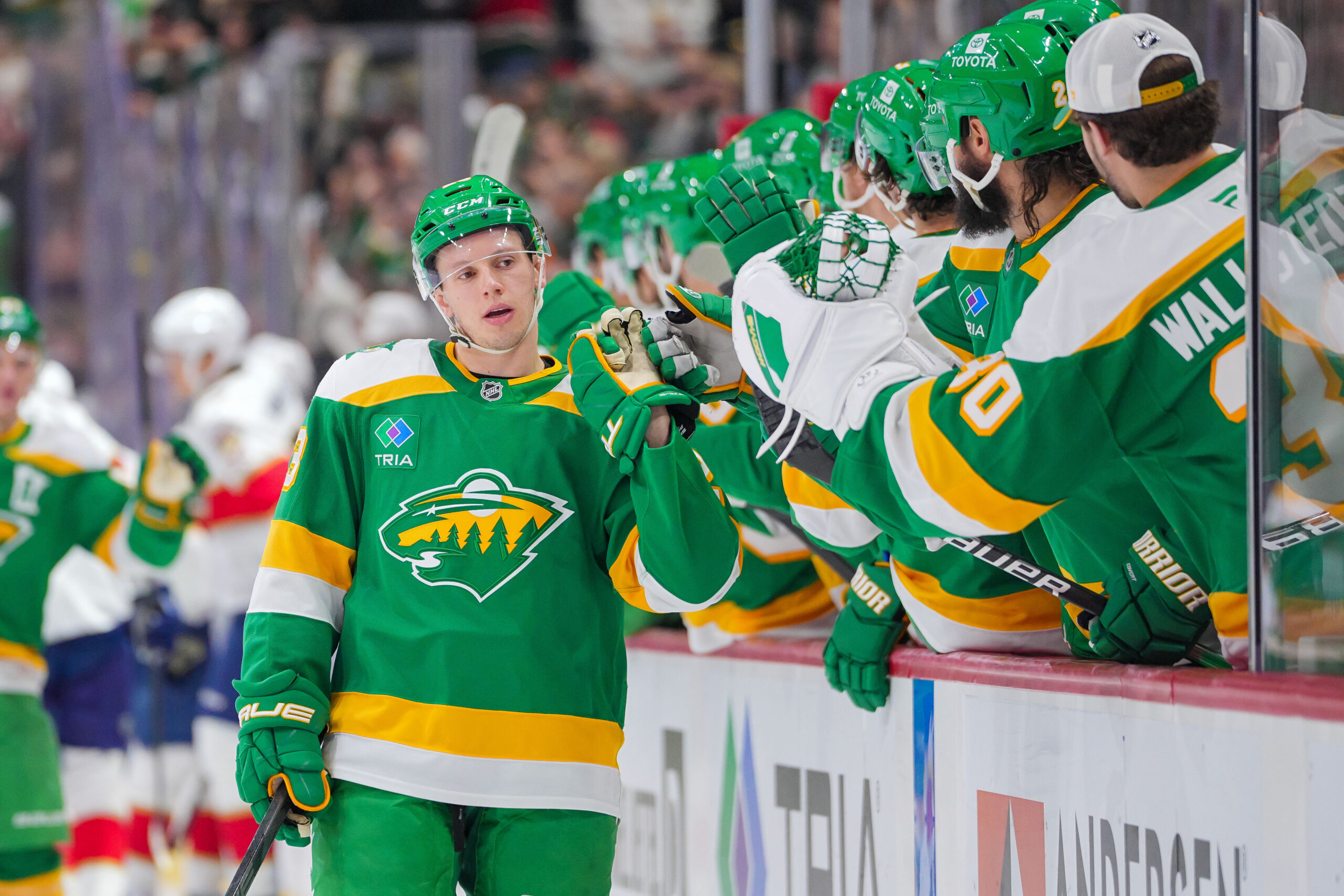

Marco Rossi's future with the Minnesota Wild is currently uncertain, creating a complex situation for General Manager Bill Guerin and the organization. The young center, drafted ninth overall in 2020, is a restricted free agent (RFA) this offseason, and negotiations for a new contract appear to have stalled. This impasse presents the Wild with several options, each carrying its own set of risks and rewards.
One path the Wild could take is to continue negotiating with Rossi's camp, attempting to bridge the gap in their expectations. Rossi is coming off a strong season where he played all 82 games, scoring 24 goals and 36 assists for a total of 60 points. This performance demonstrates his potential as a top-six forward and a valuable offensive contributor. However, reports suggest a significant difference in valuation, with Rossi's camp potentially seeking a long-term deal with an Average Annual Value (AAV) similar to Matt Boldy's $7 million. The Wild, on the other hand, might be hesitant to commit that much to Rossi, especially considering his fluctuating role within the team last season, which saw him demoted to the fourth line during the playoffs. A "bridge deal," a shorter-term contract, may also not appeal to Rossi's agent after his reduced role in the playoffs.
Given the lack of progress in negotiations, another option for the Wild is to explore the trade market. Several teams are reportedly interested in acquiring Rossi, recognizing his potential and relatively young age (22). Trading Rossi would allow the Wild to acquire assets, such as draft picks or prospects, that could address other needs within the organization or contribute to their long-term plans. Some reports suggest that the Wild might be looking to flip those assets acquired for Rossi in order to land a player who can help the team immediately. Teams like the Boston Bruins, Philadelphia Flyers, and Vancouver Canucks have been mentioned as potential landing spots for Rossi. It's also been suggested that the return for Rossi may not be as high as some might expect, with a focus on futures like draft picks and prospects.
A third possibility, albeit a riskier one, is that the Wild could allow Rossi to test the market by not signing him before July 1st, when he becomes eligible to receive offer sheets from other teams. If Rossi signs an offer sheet, the Wild would have the right to match the offer and retain him. If they decline to match, they would receive draft pick compensation based on the value of the offer sheet. While this scenario could potentially yield valuable draft picks, it also carries the risk of losing Rossi for less than his perceived value or being forced to match an inflated offer sheet that could negatively impact their salary cap situation.
Ultimately, the Wild's decision will likely depend on several factors, including their internal assessment of Rossi's long-term potential, their salary cap constraints, and the offers they receive from other teams. General Manager Bill Guerin has a track record of making bold moves, and how he handles Rossi's situation will be a key indicator of the Wild's direction as they aim to build a consistent contender in the Western Conference. The team would prefer not to trade him this summer but with reports of the two sides not seeing eye to eye, they may have to move the young center.